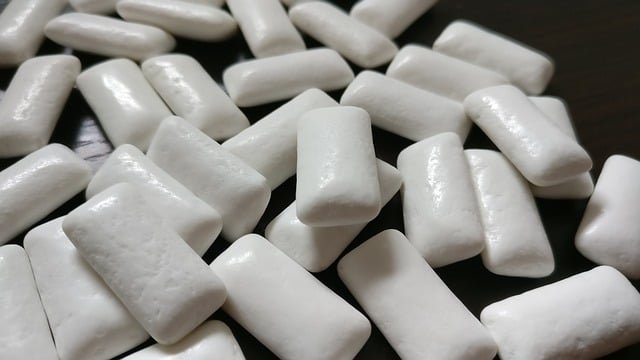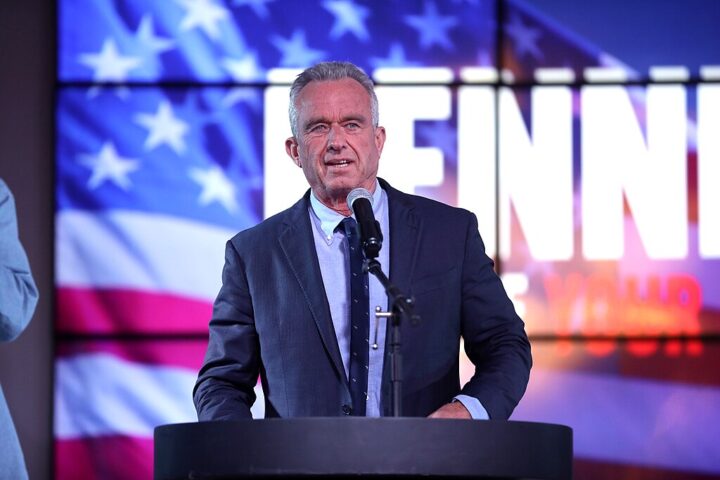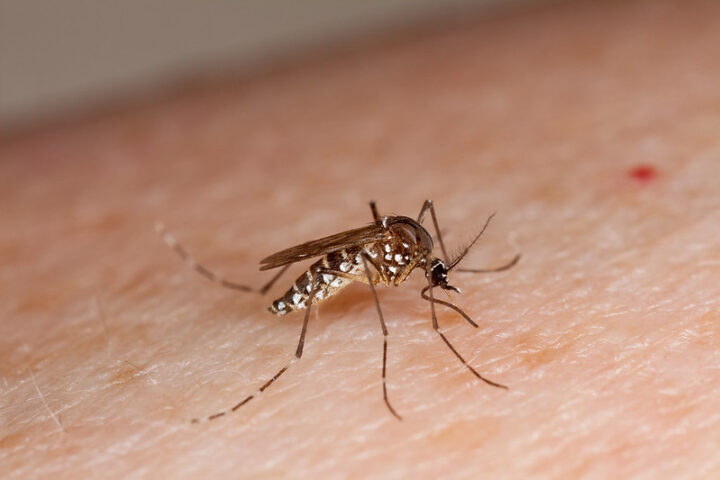New York lawmakers have unveiled five bills to protect residents from PFAS – chemicals found in everyday items that never break down in our bodies or environment. From textiles to dental floss, cleaning products to cookware, these chemicals pose hidden health risks.
State Senator Peter Harckham puts it plainly: “PFAS are among the most toxic chemicals known to humankind.” This declaration came as lawmakers announced plans to remove these chemicals from common household products.
The problem hits close to home. Communities like Hoosick Falls discovered PFAS in their drinking water. Kate Donovan of the Natural Resources Defense Council explains, “These chemicals get washed down our drains and contaminate our water supplies.” Cleanup costs run into billions.
Health research shows PFAS can harm people in multiple ways. They can cause developmental delays in children, increase cancer risk, decrease fertility, reduce the body’s ability to fight infections, and raise cholesterol levels.
The proposed laws would ban PFAS in products we use daily:
- Textiles
- Dental floss
- Cleaning products
- Cookware
- Children’s products
- Cosmetics
- Menstrual products
Similar Posts
The bills also tackle a hidden source of contamination – fertilizer made from treated sewage. When spread on farmland, these chemicals can seep into drinking water.
Current state rules allow 10 parts of PFAS per trillion in water. Federal guidelines are stricter at 4 parts per trillion. Recent federal rollbacks on factory emissions have pushed states like New York to act independently.
“We know this is a problem that needs immediate action,” says Donovan. She notes that PFAS enters our water both from factories and our homes.
Assemblymember Deborah Glick emphasizes the only real fix: “These chemicals are in our bodies and environment. We must stop using them and clean up what’s already out there.”
This isn’t just a New York issue. Thirty-two states plan similar laws in 2025, showing growing national concern about these dangerous chemicals.
The movement represents a shift in how we handle chemical safety, focusing on preventing exposure before it happens. For New Yorkers, it means safer products and cleaner water in the years ahead.


















